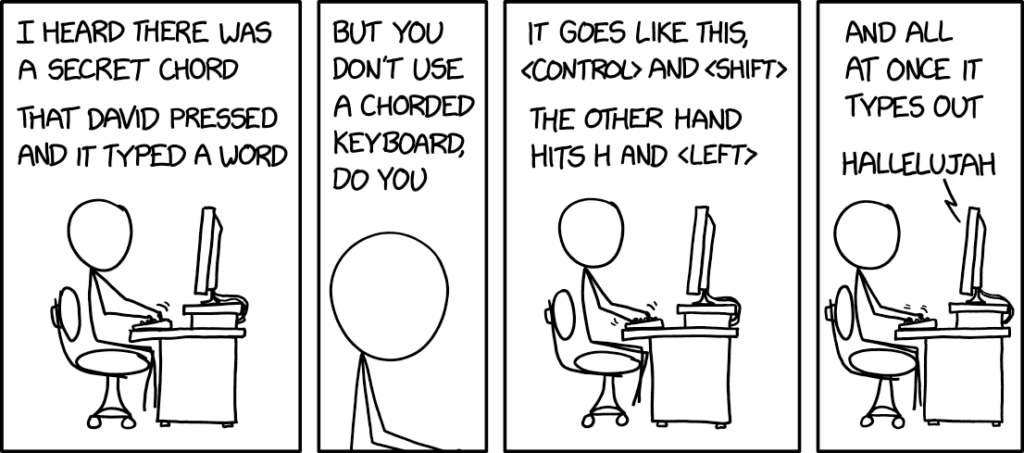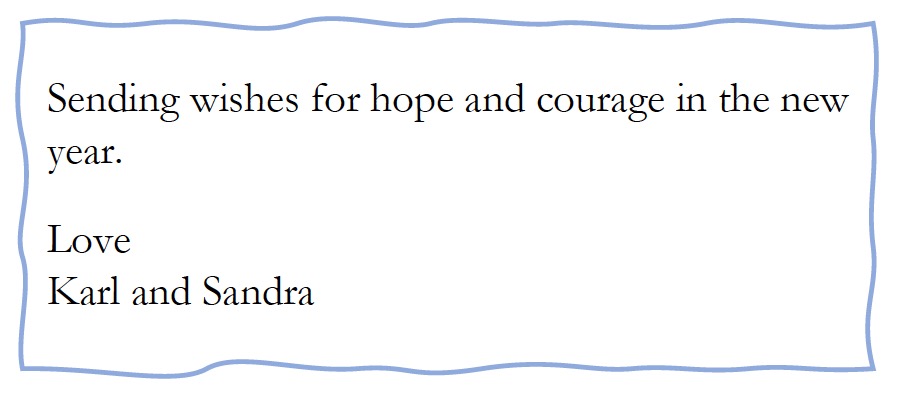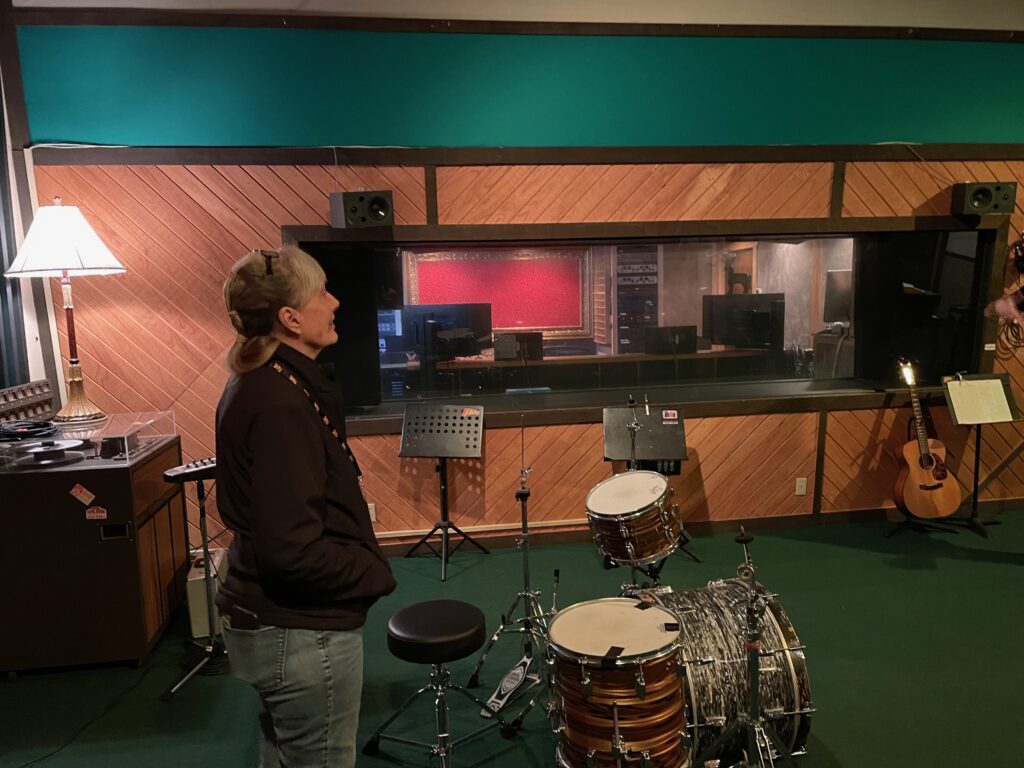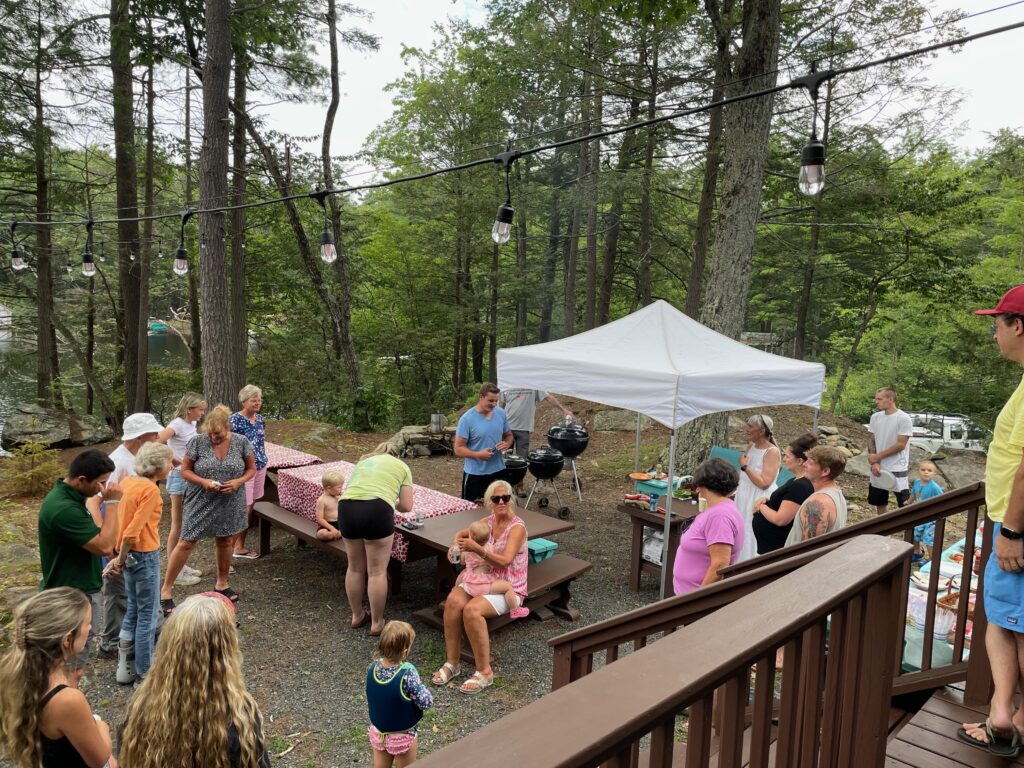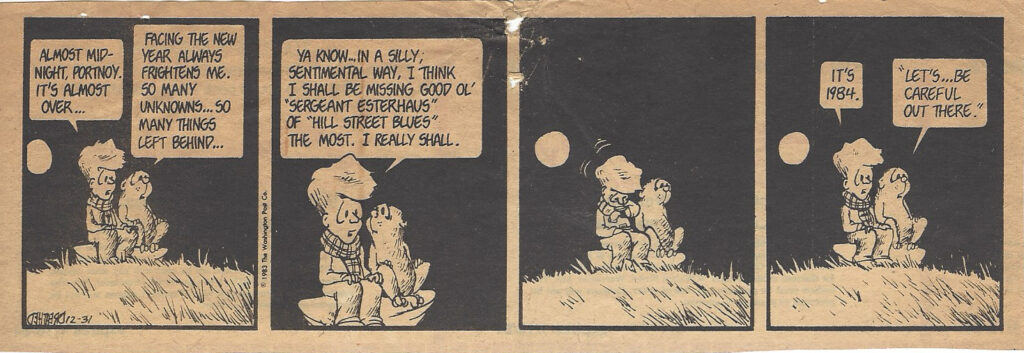I’ve had a prescription for a particular medication at Walgreens for years. Last month, they only had enough for a partial refill.
A few days before that partial ran out, I requested a refill. The product was not available, but they’d reorder. Three days later, I stopped in to inquire. The clerk said that the shipment was due that evening, and they would call me when it was ready.
Three days passed. I was on my last doses. I went to the store. The clerk told me that the manufacturer would accept re-orders until the end of the month.
I went to my car and called my doctor’s office. The nurse said I should call CVS or Walmart to see if they any.
Gulp.
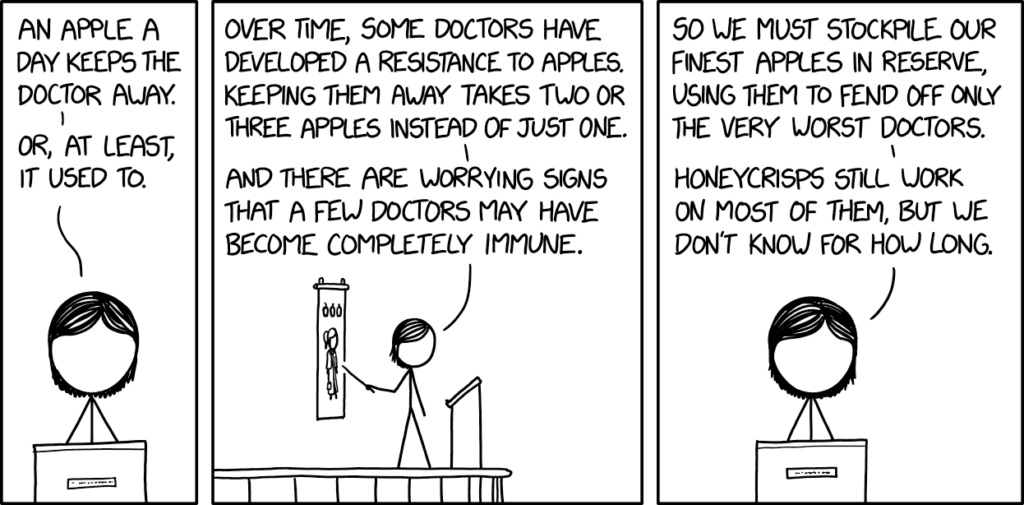 I called the local CVS store. They had none, but said that a store in Worcester had some. I tried calling the Worcester store and waited on hold for 15 minutes before I had to hang up to go do something else. An hour later, I called again, but the pharmacy was on its lunch break. At 2 PM I called Worcester again, waited 15 minutes on hold, and gave up.
I called the local CVS store. They had none, but said that a store in Worcester had some. I tried calling the Worcester store and waited on hold for 15 minutes before I had to hang up to go do something else. An hour later, I called again, but the pharmacy was on its lunch break. At 2 PM I called Worcester again, waited 15 minutes on hold, and gave up.
“I’m going to Worcester,” I told my wife.
I went to the Worcester store and learned that they didn’t have any, but the inventory system indicated that Auburn had some. I called Auburn. They confirmed that they had a supply. I drove to Auburn, waited in line, and learned that, while the inventory system said that they had some, the shelf was empty. The clerk said that there was some in Oxford.
I drove to Oxford and ran into a twist. The Oxford clerk took my insurance card, recorded the information in their computer, and then stared at what I guessed was an error message. After a few retries, she called my insurance company and chatted with an agent who worked some magic to let the prescription order be submitted. Of course, as we know, Oxford didn’t have any of the medication.
The Oxford CVS clerk called Webster CVS, on the Connecticut border. Webster confirmed that they had two months’ worth on the shelf. I drove to Webster.
The clerk in Webster acknowledged my order and hollered to the crew in back, “Expedite QL,” or some other code. A half hour later, a pharmacist called my name.
“We know that the prescription is for a 90-day supply. We only have enough for 60 days. Is that ok?” I said that it was. “Alright, we’ll get that ready for you shortly.”
I was back in my car and on my way home 15 minutes later. It had taken four hours at four different CVS stores, not counting the trips to Walgreens and the various phone calls.
I don’t know what will happen after this. CVS holds the prescription for which I have two-thirds of an order. I’ll check in with CVS somewhere, somehow, next month. Let’s get through the holidays first.
There’s no question that we have a crisis in our pharmaceutical industry. The medication that I’m on was approved for use in the early 1960s. It’s not commonly prescribed. As a result, there is not a lot of money to be made. Shortages of other meds have been covered extensively in the news. Each person who takes each of the medications has a personal story about their condition, their healthcare options, and their finances. These are private instances of public events.
 In spite of the apparent ubiquity of Dunkins and Starbucks, the rest of you aren’t consuming as much as did your grandparents, sez the Guardian: Americans are drinking half the coffee they did in the 40s. One theory that they put forward is that we are working fewer hours than we did 70 or 80 years ago and hence need less caffeine to keep us going.
In spite of the apparent ubiquity of Dunkins and Starbucks, the rest of you aren’t consuming as much as did your grandparents, sez the Guardian: Americans are drinking half the coffee they did in the 40s. One theory that they put forward is that we are working fewer hours than we did 70 or 80 years ago and hence need less caffeine to keep us going.
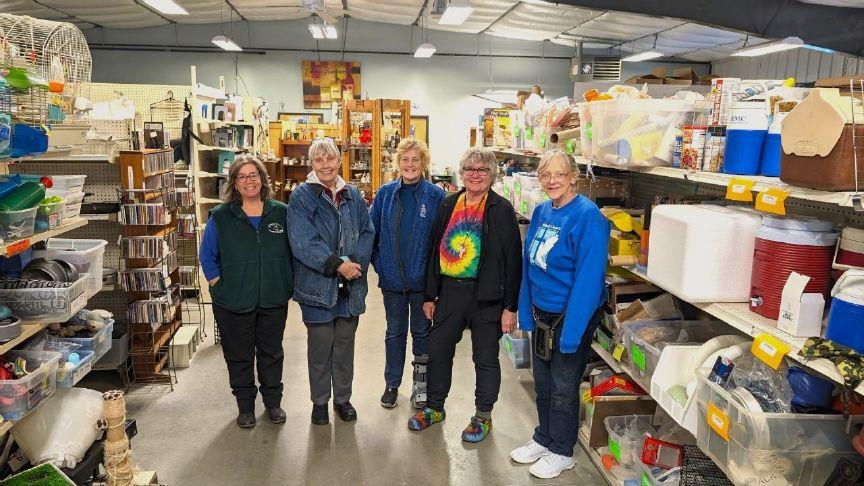
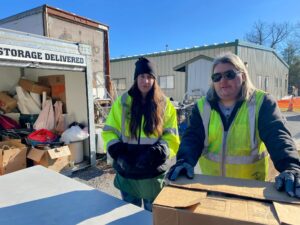 Tonya and Bill Cronin –
Tonya and Bill Cronin –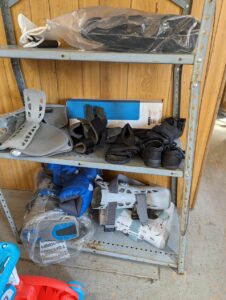




 Teuvo Hakkarainen, who hails from the same Finnish town where my grandfather was born, is not a known relation. He was a member of the Finnish Parliament and, most recently, one of Finland’s representatives to the European Parliament.
Teuvo Hakkarainen, who hails from the same Finnish town where my grandfather was born, is not a known relation. He was a member of the Finnish Parliament and, most recently, one of Finland’s representatives to the European Parliament.
